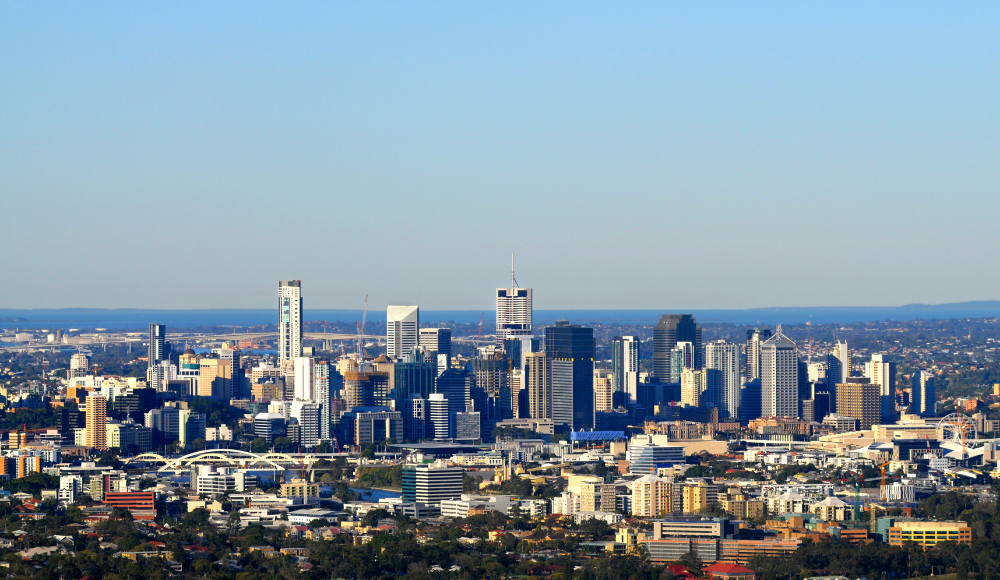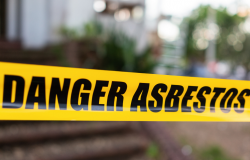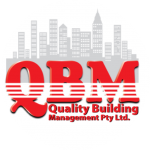Emergency Management Plans – Why They Matter
Unexpected emergencies can strike at any time, and when they do, the safety of people and property depends on how prepared an organisation is. That’s where Brisbane emergency management plans come in. These are structured, written sets of instructions designed to guide employees, contractors, and visitors in the event of an emergency.
An effective emergency management plan isn’t just about reacting in the moment—it’s about anticipating risks, outlining clear responses, and ensuring that everyone knows exactly what to do if disaster strikes. From workplace fires and floods to severe storms and hazardous material spills, these plans are essential for protecting lives, property, and business continuity.
Read on as we take a closer look at why emergency management plans in Brisbane are so crucial and the key benefits they provide.
What Are Brisbane Emergency Management Plans?
At their core, Brisbane emergency management plans provide a framework for identifying potential risks and detailing the steps required to respond effectively. These plans typically include:
-
Evacuation procedures and diagrams
-
Names of authorised personnel to coordinate emergency responses
-
Contact details for emergency services and relevant agencies
-
Guidelines for communication during a crisis
-
Schedules for testing and maintaining emergency equipment
-
Training requirements for staff and contractors
In short, these plans cover everything from immediate safety actions to long-term recovery measures, ensuring organisations are well-prepared no matter the situation.
Why Emergency Management Plans Are Essential
1. Minimise Fatalities and Injuries
The primary goal of an emergency management plan is to save lives. Clear procedures for evacuation and communication mean employees can respond quickly and safely in an emergency. For example, detailed evacuation diagrams ensure everyone knows the fastest exit routes, while protocols for contacting medical services ensure injured personnel receive prompt care.
Our Brisbane emergency management plans are designed to address all types of emergencies—many of which happen suddenly and without warning. By outlining procedures step by step, these plans help minimise confusion and panic, ultimately reducing the risk of fatalities and serious injuries.
2. Reduce Damage to Buildings, Equipment, and Stock
Disasters don’t only affect people—they can also cause costly damage to property and assets. An effective plan looks ahead to possible scenarios and outlines how to protect vital equipment and stock.
For instance, in areas prone to flooding, an emergency plan may include strategies to relocate machinery and goods to higher ground before the water rises. By acting quickly and following a clear plan, businesses can prevent significant financial losses and reduce downtime.
3. Protect the Environment and Community
Some emergencies don’t stop at the workplace—they can also affect the surrounding community and environment. In industries where hazardous materials are stored, a plan is vital to prevent environmental contamination and meet regulatory obligations.
A comprehensive Brisbane emergency management plan might include:
-
Proper storage procedures for fuels or chemicals
-
Spill response guidelines
-
Contact details for toxic waste management authorities
-
Special evacuation instructions if hazardous exposure occurs
Planning ahead protects not only your staff but also the wider community, helping organisations act responsibly and ethically during crises.
4. Speed Up the Resumption of Normal Operations
A disaster can disrupt operations for days, weeks, or even months. The longer it takes to recover, the greater the financial and reputational damage. Emergency management plans don’t just cover what happens during an incident—they also map out the recovery process.
This may include:
-
Assessing damage and reporting to insurers
-
Securing financial assistance for repairs
-
Adjusting business strategies after a disruption
-
Rebuilding customer confidence post-crisis
With a clear plan in place, businesses can resume normal operations faster, minimising long-term impacts.
5. Promote Safety Awareness Among Staff
Emergency preparedness isn’t just about procedures—it’s also about creating a safety-first culture. When staff are involved in developing and reviewing emergency management plans, they become more aware of potential risks and more confident in their ability to respond.
Visible safety reminders such as marked fire exits, evacuation points, and fire extinguishers also reinforce awareness. This constant reinforcement ensures that safety becomes second nature across the workplace.
6. Ensure Equipment and Personnel Are Prepared
A plan is only effective if it’s supported by regular training and equipment checks. Brisbane emergency management plans emphasise the importance of:
-
Conducting fire safety audits
-
Testing alarms, extinguishers, and emergency lighting
-
Running evacuation drills
-
Reviewing and updating staff training
Regular drills not only familiarise staff with procedures but also highlight any gaps that need improvement. By maintaining both equipment and training, organisations can be confident that they’re ready for whatever comes their way.
Why Work with Professionals for Brisbane Emergency Management Plans?
While it may be tempting to draft a basic plan internally, effective emergency management requires specialist knowledge and compliance with local regulations. Partnering with experienced professionals, such as Quality Building Management (QBM), ensures your plan is comprehensive, compliant, and tailored to the unique risks of your building or organisation.
QBM specialises in developing Brisbane emergency management plans that not only meet legal requirements but also give organisations peace of mind knowing they are fully prepared. From risk assessments and customised evacuation diagrams to staff training and equipment testing, QBM provides end-to-end support in building a culture of safety.
Final Thoughts
Emergencies are unpredictable, but your response doesn’t have to be. A well-structured, regularly updated Brisbane emergency management plan is one of the most valuable investments an organisation can make. It protects lives, safeguards assets, ensures compliance, and allows businesses to recover faster after a crisis.
If your organisation is ready to strengthen its preparedness, contact Quality Building Management today to discuss how we can help you develop a tailored emergency management plan for your workplace.






